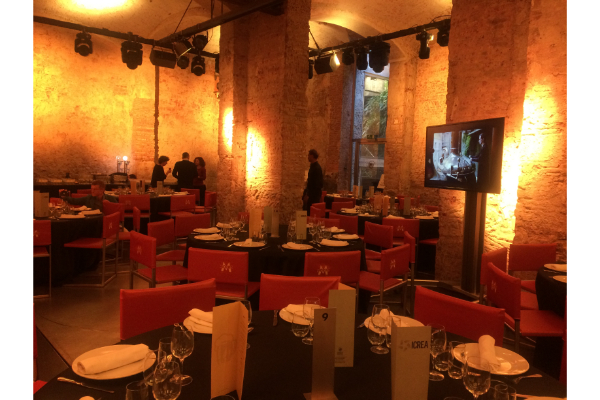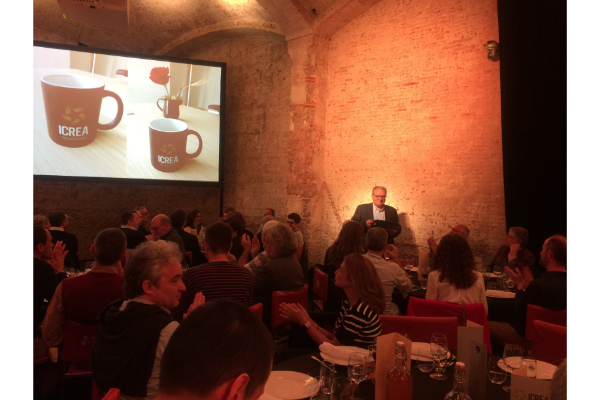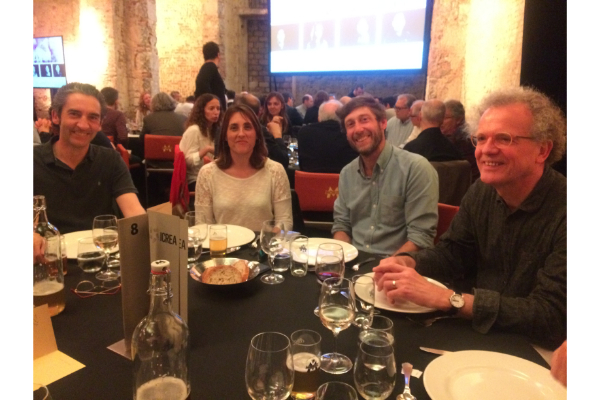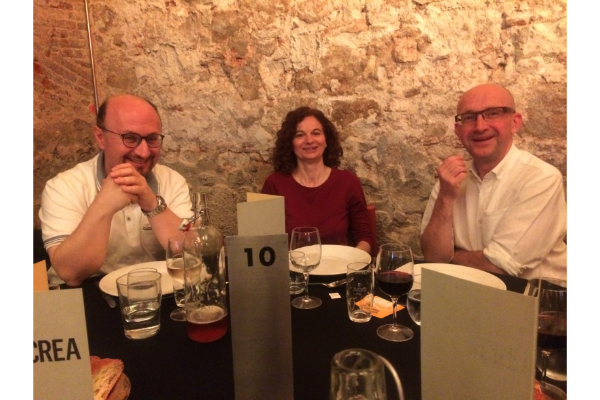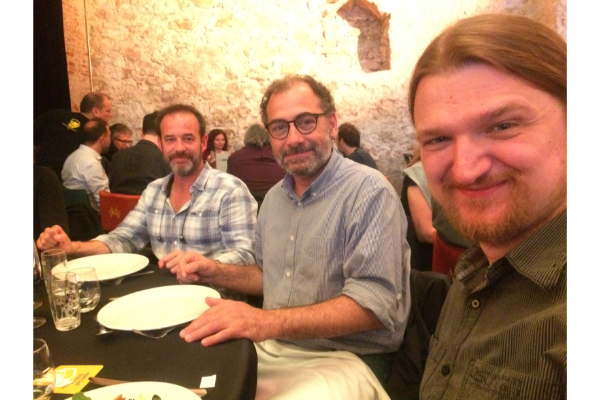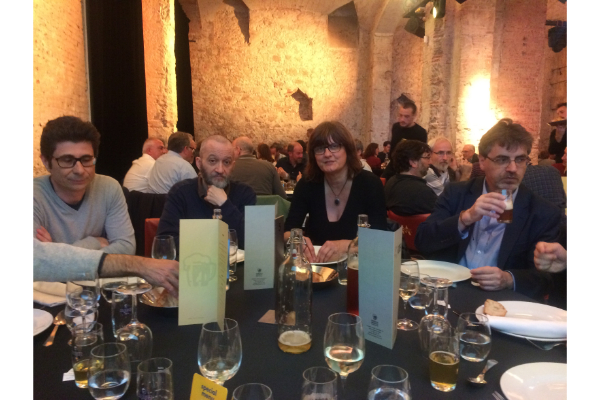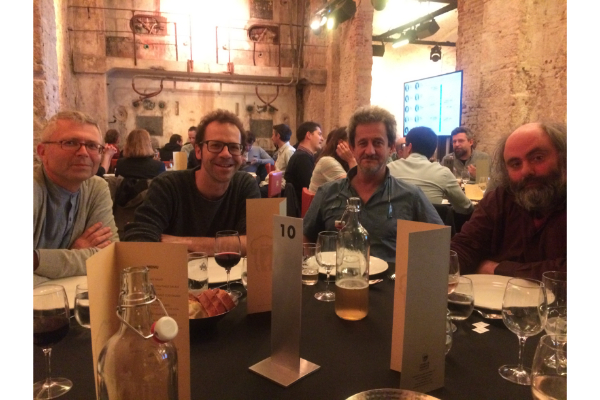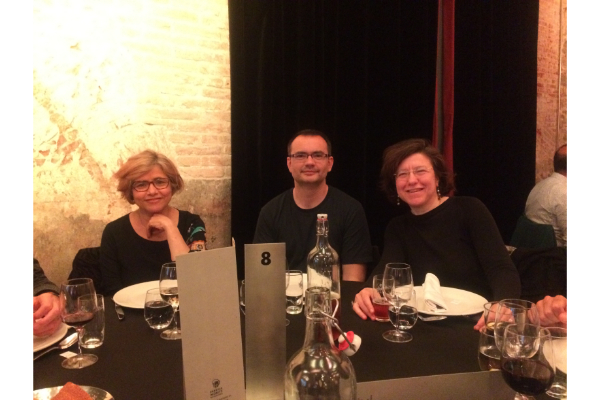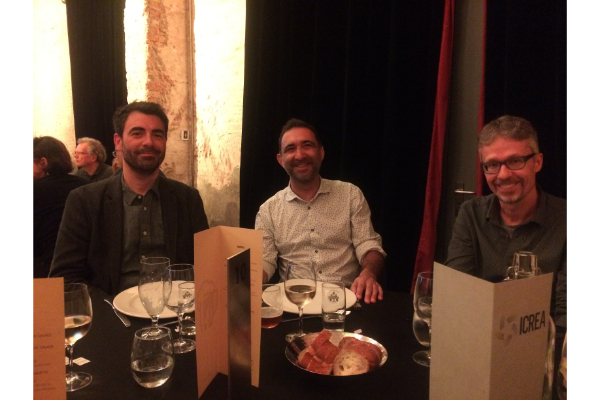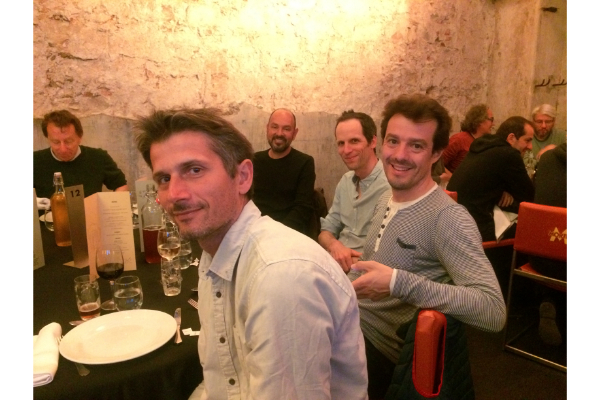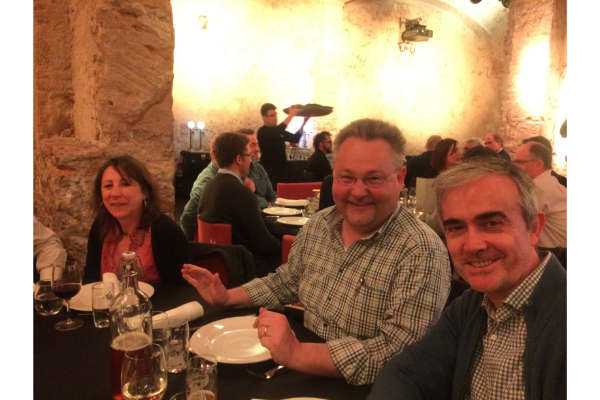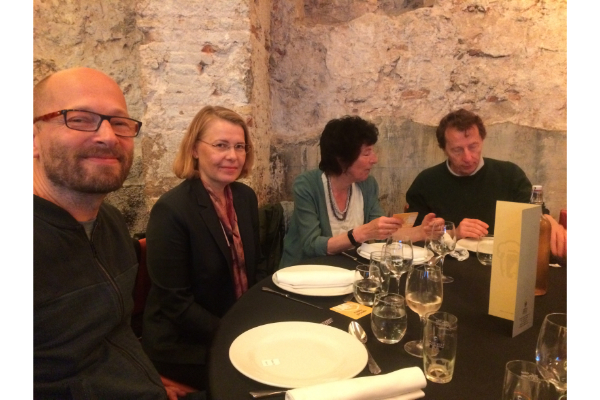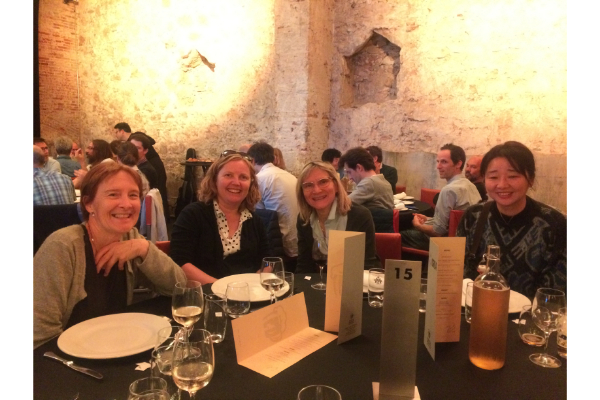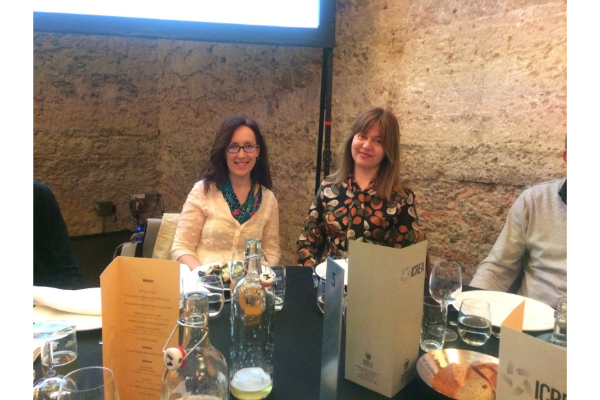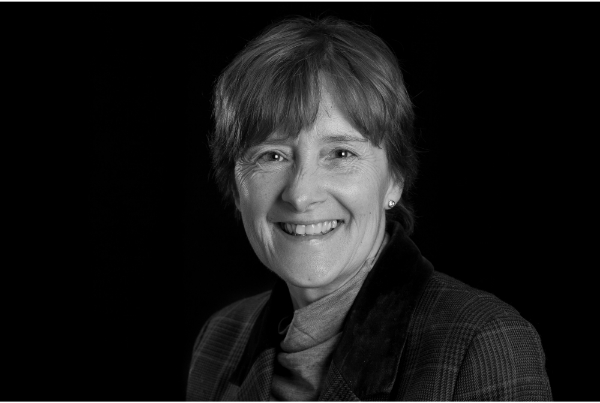
Tess Knighton (ICREA at IMF-CSIC)

Patricia Caicedo
Speakers: Tess Knighton (ICREA at IMF-CSIC) and Patricia Caicedo (Director of the Barcelona Festival of Song)
When: 26th February 2019 at 6pm
Where: ICREA, Pg. Lluís Companys 23, 6th floor
Musicology is a relatively young discipline, which gained recognition only towards the end of the nineteenth century and a debate over its focus of scientific inquiry has its roots in its early philological roots based on the study of musical sources and concordances. This thread continues within the weave of present-day musicology, intertwined with other strands of pure analysis of musical text from an aesthetic viewpoint and a more contextualised approach addressing broader social and cultural questions which have vied for pre-eminence since the 1970s. The era of the digital humanities has opened up new directions, from big data analysis to neuro-scientific approaches, the impact of which is beginning to make itself felt in the most recent research. In this presentation, we consider the challenge of going beyond musicology to explore performative and dynamic issues of the quintessentially ephemeral art of music-making in the historical past using the technology of the present in order to open the way for a richer understanding of it as an embodied experience.
86th ICREA Breakfast Colloquium
Cell differentiation and cancer: role of gene regulation and dietary fatty acids
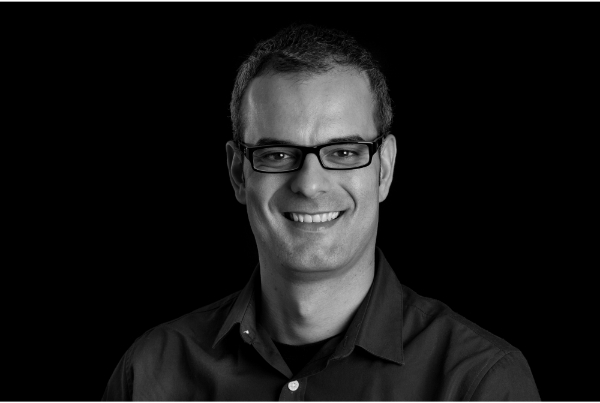
Salvador A. Benitah (ICREA at IRB)
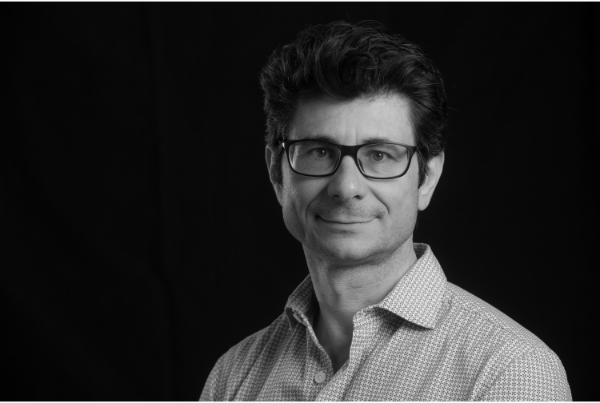
Luciano Di Croce (ICREA at CRG)
Speakers: Salvador A. Benitah (ICREA at IRB) and Luciano Di Croce (ICREA at CRG)
When: 9th April 2019 at 9am
Where: Hotel Catalonia Plaça Catalunya, Bergara, 11, 08002 Barcelona
Salvador A. Benitah
My laboratory is interested in studying how adult stem cells maintain tissue homeostasis, and why stem cells fail to function properly during ageing and tumorigenesis. In last years, we have been particularly interested in understanding how the timing of stem cell function is coordinated (i.e. biological clocks), how stem cells from distant tissues communicate to coordinate their function at the organismal level, and how their epigenome adapts from steady-state conditions to situations of stress.
I will present our latest data regarding the impact our diet has on the clock of stem cells and surrounding niche cells, and its profound effect on stem cell ageing. I will also discuss our recent finding on metastatic-initiating cells and how their metastatic potential is fully dependent on dietary fatty acids.
Luciano Di Croce
Our lab is interested in understanding how epigenetic modifications and chromatin changes are established and, once in place, how they affect gene expression, cell differentiation and transformation.
Polycomb and MLL/Trithorax complexes are evolutionarily conserved chromatin-modifying factors originally identified as part of an epigenetic cellular memory system that maintains repressed or active gene expression states.
I will discuss how Polycomb and MLL proteins (including novel associated factors) impact on transcription, genome architecture, and their role in stem cell biology and cancer.
87th ICREA Breakfast Colloquium
Observing the dark side of the Universe with gravitational lensing and gravitational waves
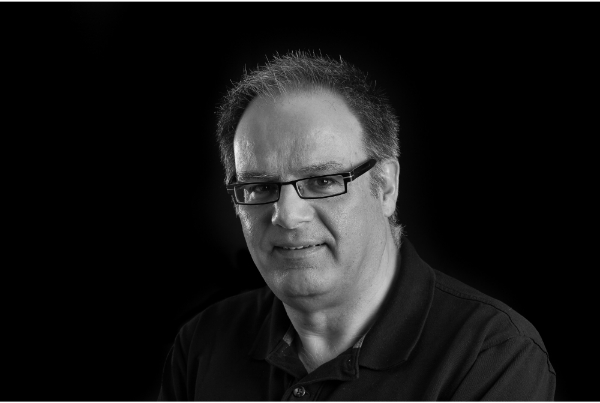
Ramon Miquel (ICREA at IFAE)

Mario Martínez Pérez (ICREA at IFAE)
Speakers: Ramon Miquel & Mario Martínez Pérez (ICREAs at IFAE)
When: 11th June, 2019 at 9am
Where: Hotel Catalonia Plaça Catalunya, Bergara, 11, 08002 Barcelona
Ramon Miquel
There is overwhelming evidence that most of the matter in the universe is in a “dark” form that neither emits nor blocks light, and is therefore invisible to even the largest telescopes. While the detailed nature of this “dark matter” remains unknown, its gravitational interactions can be used to detect it and study its spatial distribution as a function of cosmic time. Particularly relevant is the so-called “weak gravitational lensing” effect, in which the observed shapes of distant galaxies are slightly modified by the gravitational pull of the masses between them and us.
Since 2013, the DES Collaboration has been surveying an entire octant of the sky, measuring the position on the sky, redshift and shape of 300 million galaxies, together with thousands of galaxy clusters and supernovae. Using the dataset from its first season of observations, DES has measured the shapes of about 35 million galaxies, from which it has produced the largest (dark) matter map to date. Combining this with other DES measurements, DES has achieved an unprecedented precision in the determination of the cosmological parameters governing the growth of structures in the universe. The talk will present these measurements and discuss their relevance in shaping our understanding of the origin, evolution and ultimate fate of our universe.
Mario Martínez
The detection of Gravitational Waves from a black hole binary merger by the LIGO interferometer in 2016, confirming a 100-year old Einstein prediction, represented the beginning of a new era in the exploration of the universe. Shortly thereafter, the addition of the Virgo antenna into the network led to the detection of the first neutron star binary merger, which could then be followed in electromagnetic signals, and thus represented the beginning of multi-messenger astronomy. This single observation led to stringent tests of models for Gravity beyond General Relativity, an independent measurement of the universe expansion rate, and the observation of a so-called kilonovae and the ratification of the astrophysical origin of heavy elements in the periodic table. The LIGO and Virgo interferometers resume operations in String 2019 with improved sensitivity, thus promising new discoveries.
The talk will describe the sources of Gravitational Waves, their detection using extremely precise interferometry, the prospects of the experiments in the following years, and how Gravitation Waves are considered unique windows towards the understanding of Gravity at extreme conditions and the very early universe 13.8 billion years ago.
88th ICREA Breakfast Colloquium
Rock Art and Human Evolution

Inés Domingo (ICREA at UB)
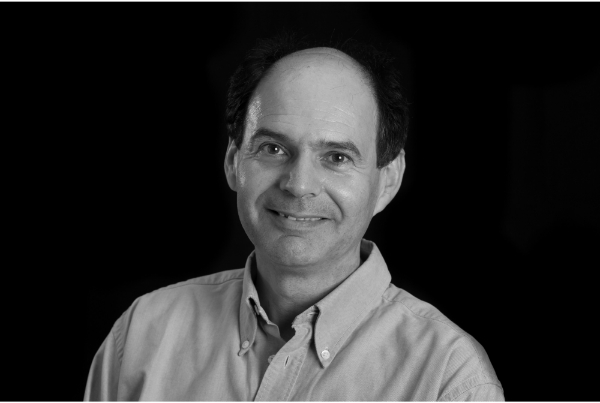
João Zilhão (ICREA at UB)
Speakers: Inés Domingo & João Zilhão (ICREAs at UB)
When: 8th of October 2019, 9:00h
Where: Hotel Catalonia Plaça Catalunya, Bergara, 11, 08002 Barcelona
When and where did humans develop the capacity to communicate through symbols? Was symbolism recent, and unique to anatomically modern humans? Or did our more remote ancestors already possess a similar capacity? What can be termed as the earliest evidence of symbolism? The use of colour? Personal adornments? Visual arts? Figurative representation?
For nearly a century, the use of visual symbols to store and communicate information has been considered as one of the definitory features of the human species. Indeed, evidence gathered over the last two decades shows that the feature can now be documented much earlier than hitherto thought, including among the Neandertal peoples of Eurasia.
Using two different but complementary perspectives, archaeology and ethnoarchaeology (working with Indigenous people from Arnhem Land, Australia), ICREA Research Professors João Zilhão and Inés Domingo will explore these and other hot issues in current debates on what it means to be “human”.
89th ICREA Breakfast Colloquium
Can green cities be healthy and just?
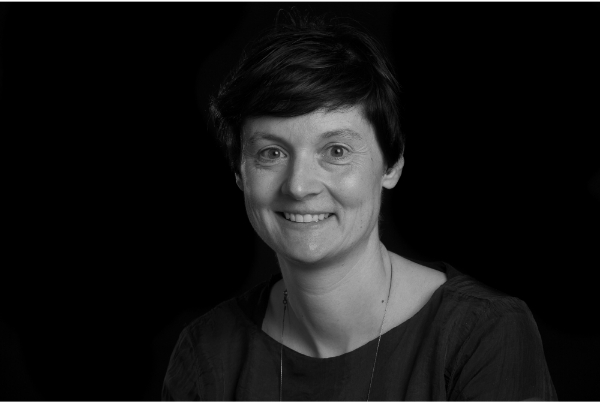
Isabelle Anguelovski (ICREA at ICTA-UAB)
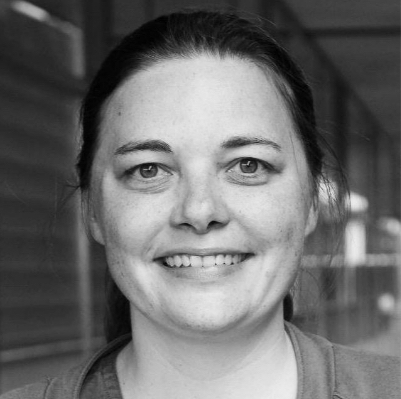
Helen Cole (BCNUEJ)
Speakers: Isabelle Anguelovski (ICREA at ICTA-UAB) & Helen Cole (Barcelona Laboratory for Urban Environmental Justice and Sustainability (BCNUEJ))
When: 12th of November 2019, 9:00h
Where: Hotel Catalonia Plaça Catalunya, Bergara, 11, 08002 Barcelona
We will examine processes and dynamics that lead to more just, resilient, healthy, and sustainable cities, bringing together theory and methods from urban planning, public policy, urban and environmental sociology, urban geography and public health. We analyze the extent to which urban plans and policy decisions contribute to more just, resilient, healthy, and sustainable cities, and how community groups in distressed neighborhoods contest the existence, creation, or exacerbation of environmental inequities as a result of urban (re)development processes and policies.
We will introduce the field of urban environmental justice and green gentrification, present results from our recent studies on environmental and health inequities in cities of the global North, and draw some policy and planning implications for municipalities.
Calçotada
For third consecutive year, we celebrated our main social event of the year ‘the Calçotada’ at the Moritz Factory, the old Moritz Brewery, a 150 year-old working beer factory which has become a Barcelona icon. This year, 170 ICREAs were at the gathering, the highest attendance yet. And, as well as in previews years, we did not eat calçots since they are a winter crop, but instead, we had, among other dishes, their specialty, ‘Picantón a la Moritz’, a quite interesting way of cooking a chicken which happens to be very tasty.
We all had a fabulous time and ICREA’s director, Antonio Huerta, presented the yearly report, the 2018 Memoir, and took the opportunity to congratulate all ICREAs for their excellent work throughout the year.
And since the event was held very close to the Sant Jordi’s holiday, we handed out roses to all ICREAs.
